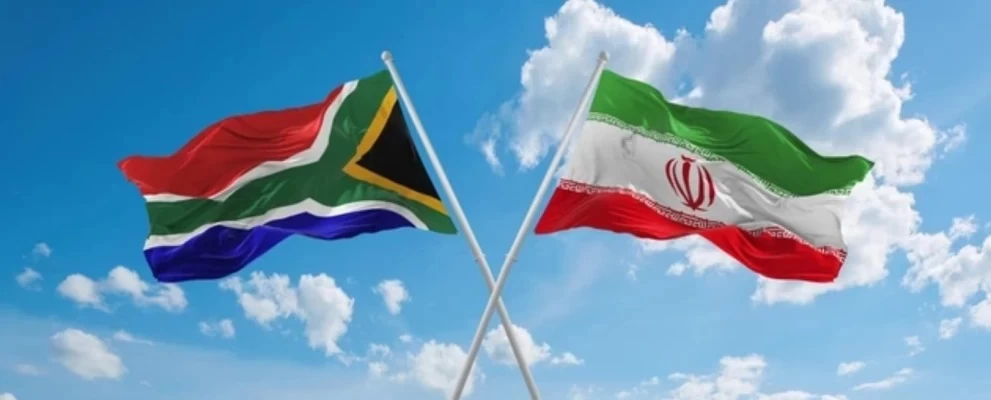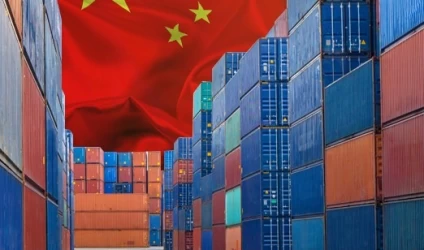Guide to Trade with South Africa, Sea Transportation
South Africa, strategically located on one of the busiest international sea routes, plays a pivotal role in global maritime trade. Its extensive coastline and well-developed port infrastructure make it a key player in sea transportation for trade. This guide provides an in-depth look at the various aspects of trading with South Africa via sea transportation, including port facilities, shipping routes, regulatory frameworks, and best practices.
Major Ports in South Africa
South Africa boasts several major ports that facilitate international trade. The primary ports include:
- Port of Durban: Known as the busiest port in Africa, Durban handles a significant portion of South Africa’s container traffic. It is a crucial hub for imports and exports, particularly for goods destined for or originating from the Indian Ocean region.
- Port of Cape Town: This port is vital for trade with Europe and the Americas. It is also a key point for the export of agricultural products, such as wine and fruit.
- Port of Ngqura: Located near Port Elizabeth, Ngqura is a deep-water port that serves as a transshipment hub for cargo moving between the East and West.
- Port of Richards Bay: Primarily focused on bulk cargo, Richards Bay is one of the largest coal export terminals in the world.
Shipping Routes
South Africa’s strategic location allows it to serve as a gateway for trade between the East and West. Key shipping routes include:
- East-West Route: Connecting Asia with Europe and the Americas, this route passes through the Indian Ocean and the Cape of Good Hope.
- North-South Route: Linking South Africa with other African nations, this route is essential for intra-African trade.
- Transshipment Hubs: Ports like Ngqura serve as transshipment points where cargo is transferred from one vessel to another, facilitating global trade connections.
Regulatory Framework
Trading with South Africa involves navigating a complex regulatory environment. Key regulatory bodies and frameworks include:
- Transnet National Ports Authority (TNPA): Responsible for the management and operation of South Africa’s ports, TNPA ensures the safe and efficient functioning of port facilities.
- South African Revenue Service (SARS): Oversees customs and excise duties, ensuring compliance with import and export regulations.
- Department of Transport: Regulates maritime transport policies and ensures adherence to international maritime conventions.
Best Practices for Sea Transportation
To ensure smooth and efficient trade with South Africa, consider the following best practices:
- Understand Customs Procedures: Familiarize yourself with South Africa’s customs regulations to avoid delays and penalties. Ensure all documentation is accurate and complete.
- Choose the Right Shipping Partner: Select a reputable shipping company with experience in South African trade routes. This can help mitigate risks and ensure timely delivery.
- Leverage Technology: Utilize digital tools for tracking shipments and managing logistics. This can enhance transparency and efficiency in the supply chain.
- Plan for Contingencies: Be prepared for potential disruptions, such as port congestion or adverse weather conditions. Having a contingency plan can help minimize the impact on your trade operations.
Investment Opportunities
South Africa’s maritime sector offers numerous investment opportunities, particularly in port infrastructure and logistics services. The government’s Economic Reconstruction and Recovery Plan aims to attract private investment to modernize and expand port facilities. This presents a significant opportunity for businesses looking to invest in the region’s growing maritime industry.
Conclusion
Trading with South Africa via sea transportation offers numerous advantages, including access to well-developed port facilities and strategic shipping routes. By understanding the regulatory environment and adopting best practices, businesses can effectively navigate the complexities of international trade and capitalize on the opportunities presented by South Africa’s maritime sector.
If you have any specific questions or need further details, feel free to ask!










